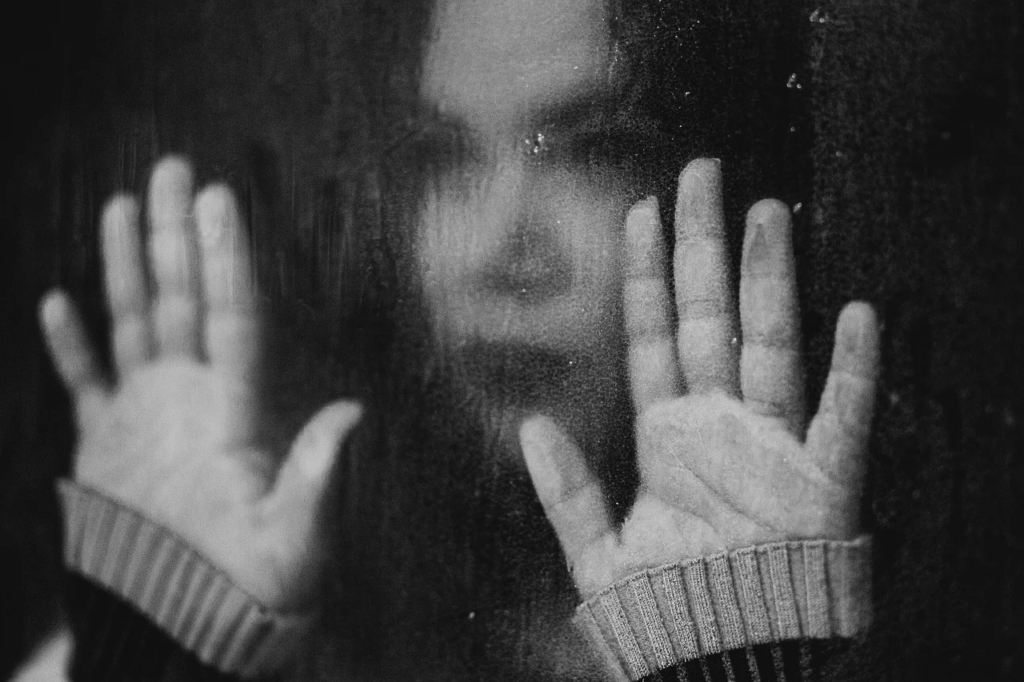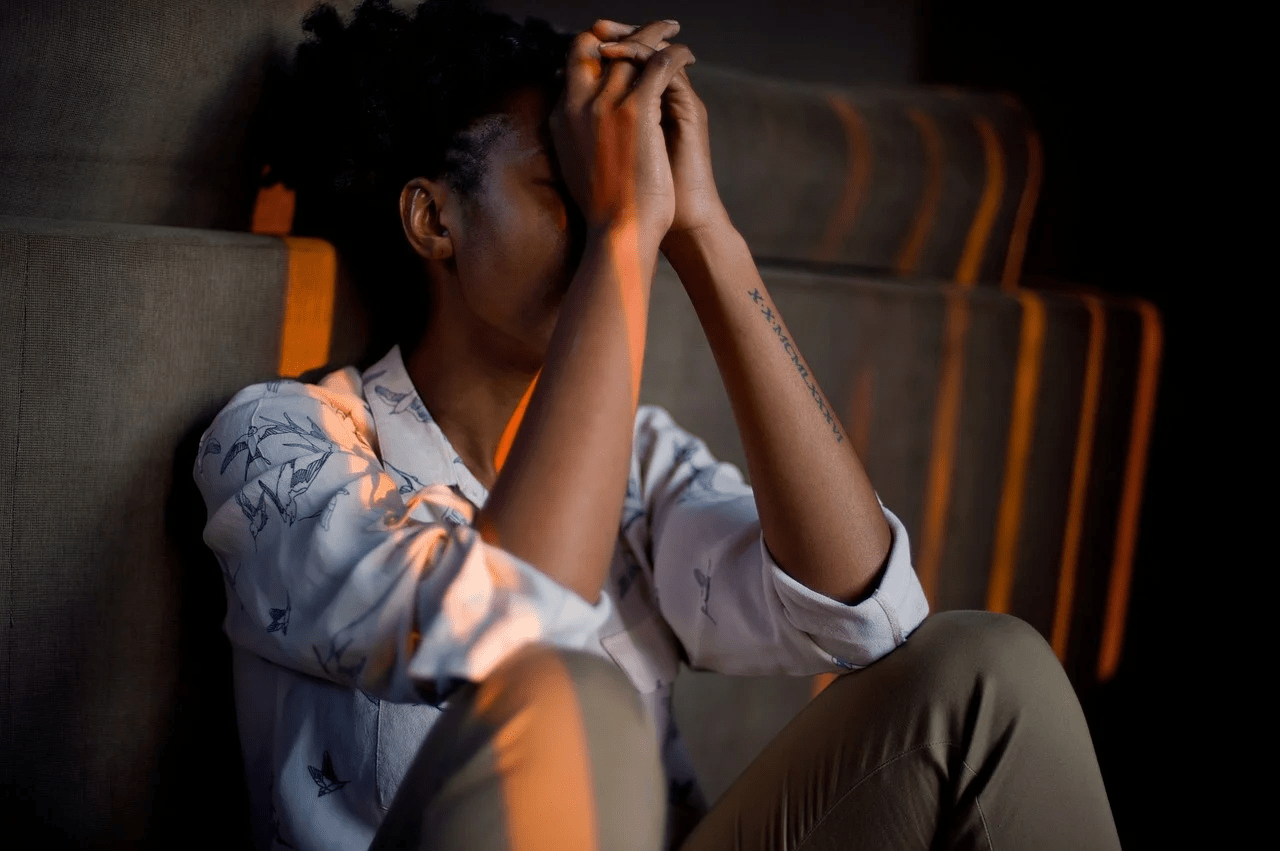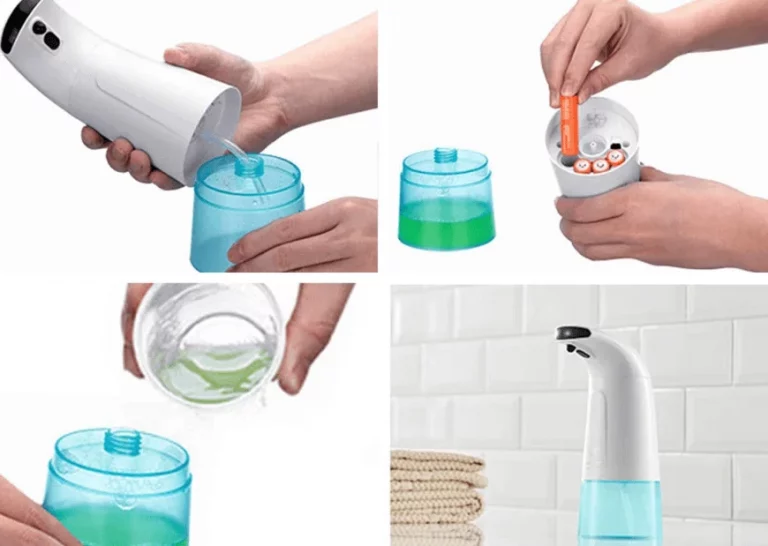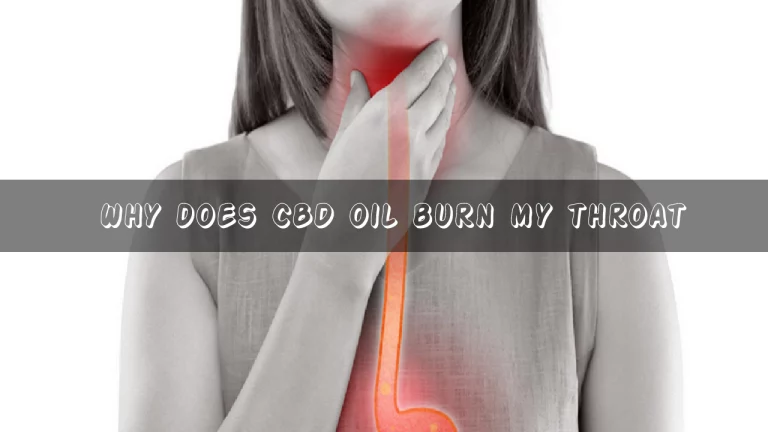7 pro tips for dealing with depression
Depression is a severe and chronic mood disorder. It can make it cumbersome to live. People with depression find it troublesome to do simple tasks like getting out of bed, talking to people, or eating hard. More than 7% of people in the United States suffer from depression.
It is crucial to learn to deal with the issue if you have it. You can make some lifestyle changes to cope with the disease. Maeng Da kratom is a therapeutic drug that can also help you deal with it. The disease affects differently to every person, but there are some tips you can use to ease it.
#1 Learn to read the warning signs:
Depression is a chronic ailment, but it affects everyone slightly differently. Though the symptoms are similar, every individual feels diverse signs if the condition worsens or before an episode. These early indications will help you take necessary precautions and actions to deal with the issue.
So, try to notice the small changes in your mood and keep a journal to note. It will help you figure out the warning signs. Similarly, you can try to learn what boosts your mood. Try to convince yourself or talk to a friend or a family member who can cheer you up. Keep yourself occupied to get your mind off things.
#2 Use Kratom Products:
Kratom is a botanical that works as an herbal health supplement. It is native to Indonesia, Southeast Asia, Thailand, and Malaysia and is a relative of the coffee family. The drug is rich in alkaloids like mitragynine and 7-hydroxy mitragynine. They connect with the opiate receptors to influence our central nervous system. These opioid receptors have a direct influence on our mood. The alkaloids also enhance the secretion of many hormones, which cheer you up.
They eliminate the negative thoughts and dilemmas from your mind and help you gain a positive perspective. Kratom also improves your sleep cycle and enhances the quality of your sleep.
#3 Plan the next day with various activities:
What is worse than fighting depression is fighting it on consecutive days. If you leave the problems unattended, they will likely find their way back to you. The feeling comes from negative judgments and negative self-awareness. Keeping yourself engaged all day is a smart way to avoid those thoughts.
So, try to create an extensive schedule for the next day. You can add activities like walking in the park, reading a book, listening to music, doing house chores, or connecting with your friends and family. Try including tasks you enjoy doing and give you a sense of relief or achievement.
#4 Know your red flags:
Red flags are the things that trigger depressing thoughts and behavior. When you notice the warning signs or feel sad and low in energy, try to address the cause it might be happening. Finding the root of the issue makes it easier to solve it or avoid it.
Some common triggers are catastrophic thinking, toxic surroundings, closer interaction with failure, and toxic people. Once you realize the problem try your best to keep your mind off those things. Try focusing on other tasks and keep yourself occupied.
If you feel overwhelmed doing everything by yourself, ask for help. Talk with a friend, family member, or a therapist. Sharing your thoughts will help you get a clear view of the problems, and it will be easier to address them.

#5 Depression is an illness:
Depression is an illness and nothing more; always remember that when you are spiraling downward. The sadness, gut-wrenching feeling, guilt, and isolation are symptoms of the ailment. They will go away with proper treatment and care.
Keep reminding yourself that these feelings are not real and accept them as a health concern. Shift your view, and you will feel less vulnerable and less afraid to face the issues. Recognizing the problem will make it easier to take self-care and seek professional help.
You talk about your physical concerns with other people. Then why can’t you tell them that you have depression? Accept the problem and take all the necessary steps to relieve it.
#6 Keep in mind that these feelings would not last forever:
One of the most crucial things to remember when you have a depression episode is that it will pass. You might feel this sadness, isolation, and guilt have no end. But it will feel better once the episode runs its course. Keep telling yourself that you are strong enough to make it through. You have done it before; you can do it again.
It is an issue that there is no permanent solution or cure for depression. So, you have to learn to live with it. It might disrupt your life for some time, but accepting it will go away will help you do better in therapy. It is okay to feel those negative feelings as long as you know it is an illness and you will be okay again.
These negative feelings during a depression episode might cloud your judgment. You might make a wrong decision with consequences and regret it later. So, delay making the major decision for times when you feel well.
#7 Practice self-care:
The most crucial part of dealing with depression is knowing that you have it. So, if you feel overwhelmed, sad, inadequate, tired, and keep yourself isolated at times, maybe it is time you consult a professional.
Once you know the issue, you have to learn to take care of yourself and your coping mechanisms.
- Be honest with yourself.
- Stay active and fit.
- Eat healthily and drink plenty of water.
- Talk with others.
- Connect with family and friends.
- Join a support group.
- Sleep 7-8 hours every night.
- Stop procrastinating
These are some self-care mechanisms you can try.
Depression is no joke; it is a fatal mental health issue. So, if you feel blue often, it feels unbearable for you, seek help. Suicidal thoughts are a common symptom of the disease. You have to remind yourself of your strengths, achievements, compassions, and abilities. With proper help, medications, self-care, and coping mechanisms, you will feel much better within a few months. Stay strong and keep fighting.







